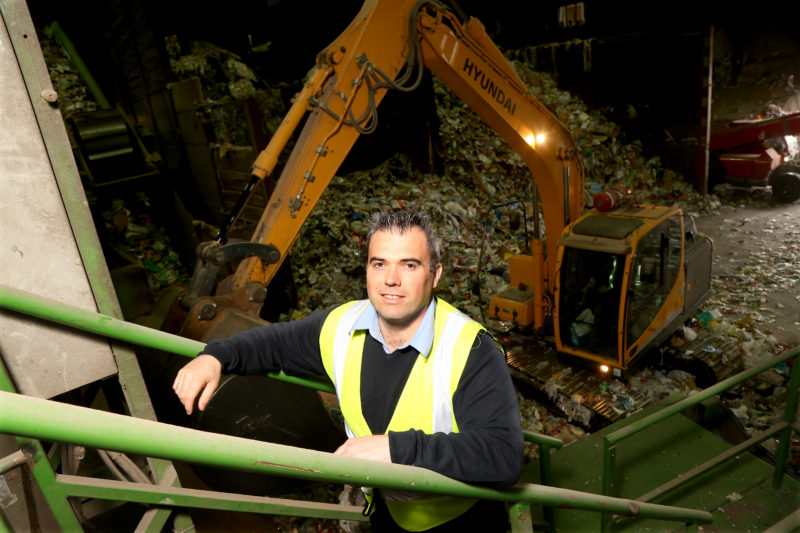The HSE Report addresses the fact that the injury rate in the waste and recycling sector is significantly worse that the average for all industries, with manual handling of waste at the kerbside responsible for 35% of the injuries, leading to over seven-day absence from work that it reports to HSE (letsrecycle.com story).
Improving health and safety performance in the waste recycling sector is rightly a priority for HSE but since the negative health effects with the manual handling of waste at the kerbside have been known for some time now, why have we not already acted on those findings?

The HSE Report follows research earlier this year by the University of Greenwich and Glasgow Caledonian University, which led to academics advising Councils, as “a matter of urgency”, to use wheeled bins in favour of boxes or bags to collect household waste.
Their research concluded that doing so would reduce the risk of long-term musculoskeletal injuries to refuse collectors and protect their long-term health.
Professor Billy Hare from Glasgow Caledonian University said: “The negative health effects of using sacks, baskets and boxes for waste collection have been known for some time now, but the research up until this point has been purely lab-based, which some find difficult to relate to their day-to-day work. This study has used real-life field data for the first time, to dispel any doubts held by local authorities over the benefits of using wheeled bins.
“If we want our refuse workers to work more productively for longer, and with fewer health problems, then the use of wheeled bins is an essential starting point.”
If this is the case, why we are still having this conversation? The fact is that workers collecting household recycling, sort waste at the kerbside and if the collection system, the containers, or the vehicles are poorly designed, then they can expose workers to significantly increased risks of musculoskeletal disorders.
We have been vocal about the fact that we believe local authorities should urgently discontinue the use of box type recycling systems in favour of wheeled bin-based systems. We have to accept the specialist expert advice, that current box collection methods are creating ill-health problems.
Research
All the previous and current research advises that wherever possible, refuse collection should be carried out using wheeled bins, for the collection of recyclables.
Furthermore, advanced material recovery facilities are capable of producing high quality materials that would have been unachievable three years ago. By investing heavily in new technology, they are actually developing the processing equipment of the future – to ensure that recyclates surpass quality regulations.
There are simple ways of mitigating the risks and as waste management companies we have a responsibility to proactively protect the health of workers who are collecting waste on our behalf.
MRFs can respond immediately to market demands and are better equipped to adapt their technology to the ever-changing material composition of waste inputs.
In the UK and Ireland, the commingled wheeled-bin collection system works brilliantly for the authorities it serves as well as offering householders the most convenient and environmentally friendly way to recycle. In fact, the top performing recycling Councils in Northern Ireland are using the co-mingled wheeled bin collection system and are continuing to grow their recycling rates year on year.
There are simple ways of mitigating the risks and as waste management companies we have a responsibility to proactively protect the health of workers who are collecting waste on our behalf.










Subscribe for free